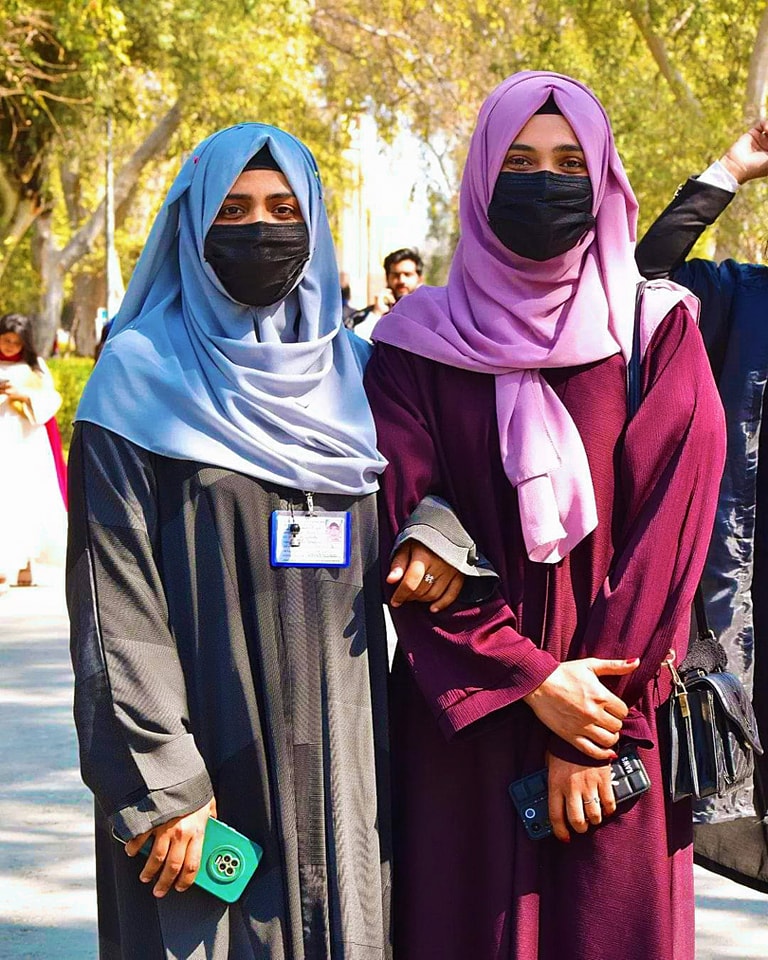In Pakistan, the concept of “rishta” holds a significant cultural and social relevance. Often translated as “marriage proposal” or “matchmaking,” rishta embodies a complex web of traditions, societal expectations, and familial dynamics. This intricate process, deeply rooted in Pakistani culture, reflects the values, norms, and customs of the society, while also evolving in response to changing social, economic, and technological landscapes.
The Traditional Framework:
In traditional Pakistani society, the process of finding a suitable match for marriage is predominantly orchestrated by families. Parents, relatives, and sometimes even matchmakers play pivotal roles in initiating and facilitating the rishta process. Considered a sacred bond, marriage is not just a union of two individuals but also an alliance between families. Therefore, factors such as family background, social status, financial stability, and compatibility are meticulously assessed when considering a rishta.
Cultural Significance:
The significance of rishta extends beyond the mere formation of marital alliances; it is deeply ingrained in the fabric of Pakistani culture. It serves as a means of preserving familial honor, lineage, and cultural heritage. Moreover, it fosters social cohesion by strengthening inter-family relationships and community ties. In many cases, marriages are seen as a way to consolidate wealth, expand social networks, and maintain societal order.
Evolving Dynamics:
However, like many cultural practices, the institution of rishta is not immune to change. With urbanization, globalization, and the influence of digital media, the dynamics of rishta culture are undergoing a gradual transformation. Young Pakistanis, especially those residing in urban centers, are increasingly asserting their independence in the realm of partner selection. While familial involvement remains significant, individuals are asserting their preferences based on factors like education, career aspirations, and personal compatibility.
Challenges and Criticisms:
Despite its cultural significance, the rishta culture in Pakistan is not without its challenges and criticisms. One of the primary concerns is the perpetuation of gender stereotypes and patriarchal norms, where women often face greater scrutiny and restrictions compared to men. Moreover, the emphasis on superficial attributes such as physical appearance, skin color, and material wealth sometimes overrides the importance of emotional compatibility and mutual respect.
The Role of Technology:
In recent years, technology has emerged as a catalyst in reshaping the rishta landscape. Matrimonial websites and mobile applications have gained popularity, offering individuals a platform to connect with potential partners beyond geographical constraints. These digital platforms provide a level of anonymity and autonomy, empowering individuals, particularly women, to take a more active role in the matchmaking process.
Conclusion:
The institution of rishta in Pakistan embodies a rich tapestry of tradition, culture, and societal expectations. While deeply rooted in centuries-old customs, it is also adapting to the realities of modern life. As Pakistan continues to navigate the delicate balance between tradition and progress, the evolution of rishta culture will likely reflect the broader socio-cultural shifts taking place in the country. Ultimately, the essence of rishta lies not just in the union of individuals but in the enduring bonds of family, community, and culture it fosters.
